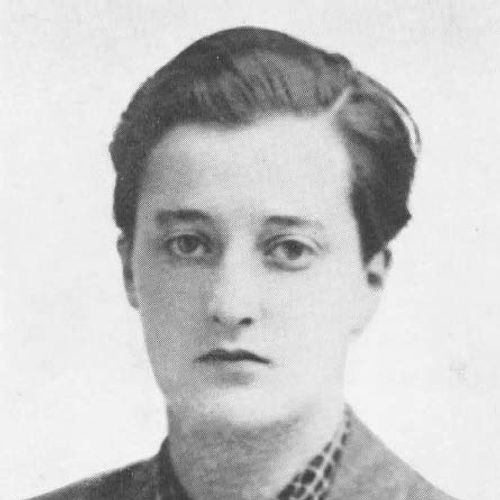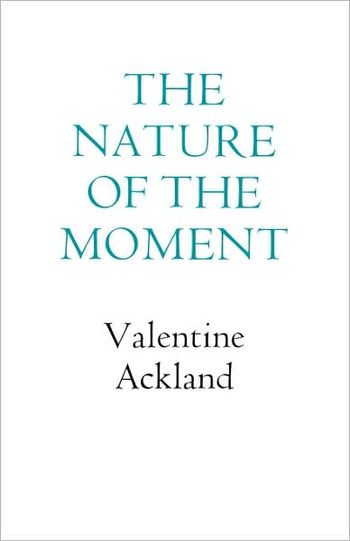Valentine Ackland
Valentine Ackland (1906-1969) was raised in Norfolk. She received an education at a convent school and was briefly married, at the age of nineteen, to Richard Turpin. Writing for The Guardian, Ackland’s biographer Frances Bingham has the following to say about that marriage and its eventual, transformative consequence:
’Less than six months later, with the marriage still unconsummated, Molly was persuaded to undergo an operation to remove her hymen for her husband’s convenience. This medicalised rape concentrated her mind wonderfully, and she never went back to him again.
Instead, she reinvented herself; Molly Turpin became Valentine Ackland. The process took several years of experimentation, but she declared her independence immediately by putting on trousers. This symbolic act stated that she was more potent than her husband, the gentleman he was not, an independent person, and her father’s true heir. She was ’freed into reality’ by this sartorial gesture, and the choice of a new name to celebrate her new identity was a similarly profound piece of self-invention. ’Valentine Ackland’ was euphonious, androgynous, it sounded like the name of a poet, and invoked the patron saint of love. It erased sad Molly and despairing Mrs Turpin, replacing them with a powerful new persona.’
In 1930 Ackland headed to an artists’ colony in the village of Chaldon, in Dorset, where she began writing poetry and was introduced to writer Sylvia Townsend Warner. The pair lived together, and wrote and were politically active together, until Ackland’s death in November of 1969.

